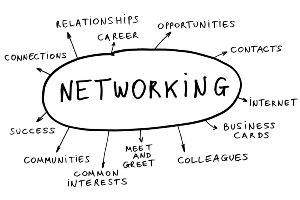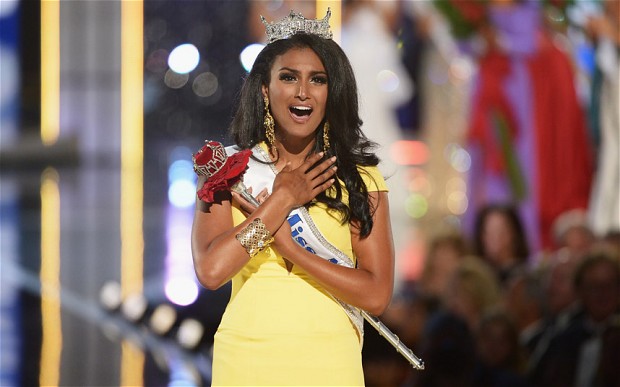
When word broke this past week that Vice President Mike Pence has a longstanding practice of refusing to dine alone with any woman not his wife in order to ensure that he is not tempted by an illicit relationship, the reactions from all sides of the aisle were intriguing but pretty predictable. On the left, the claim was that this behavior was not only sexist and completely diminishing of women, but that such a move would prevent many women politicos from (literally) getting a seat at the table in an atmosphere where never-ending work schedules make working meals a prerequisite for employment. On the right, a general rejection of the sexism thesis was followed by praise for Pence and his commitment to his marriage. Continue reading “Dinner Dates: Mike Pence, Family Values, and Washington Masculinity”

 Are the accusations of
Are the accusations of 


